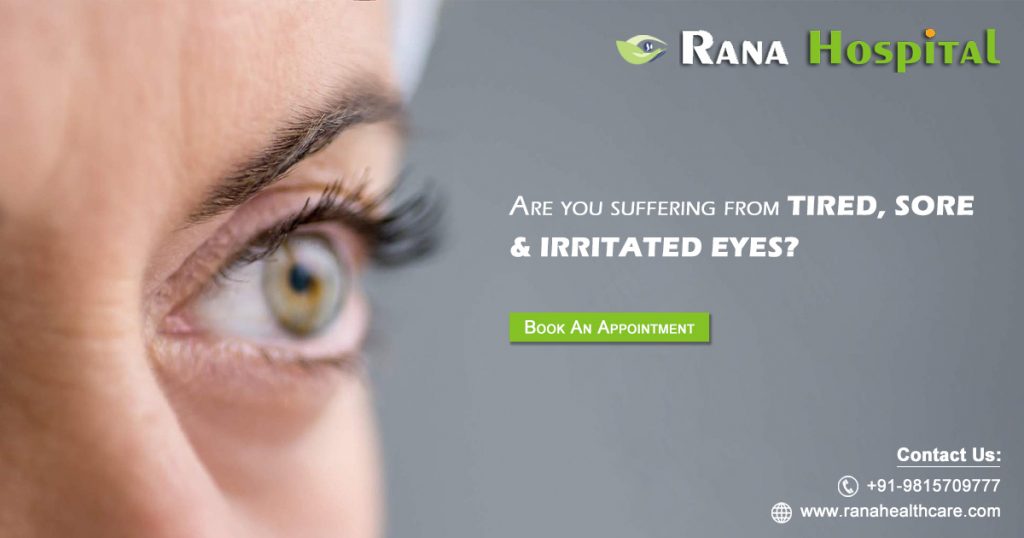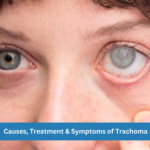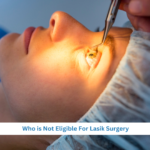The Global Vision Conference 2020: Helping everyone see
In addition, 90% of visually impaired people live in developing countries, according to an estimation of (WHO) World Health Organization.
WHO has joined forces with the International Agency for the Prevention of Blindness (IAPB), professional associations, International Memberships of NGOs, Corporations as well as different Eye Care Institutions to initiate the different protocols to eliminate the main causes of preventable and treatable blindness.
The 2020 conference is expected to boost the concerned parties on providing the necessary support and incentives for preventing the common causes of blindness in all the different ages of individuals.
It has been observed worldwide that uncorrected refractive errors are the main causes of visual impairment, while cataract is the supreme cause of blindness. Blindness is simply defined as a state where one is unable to see due to congenital factors, disease or injuries. 82 of the blind people are aged 50 and above and 20% are estimated to be worldwide.
Avoidable blindness is described as that blindness that can be prevented or treated. Avoidable causes of blindness can easily be treated or prevented from letting one go blind when immediate eye care treatment is provided.
The Leading Causes of Avoidable Blindness according to WHO are;
Cataract
Trachoma
Low Vision
Refractive error
Glaucoma
Diabetic Retinopathy
Age-related macular degeneration
Childhood blindness
Onchocerciasis, or river blindness
What is intended to be done
With technological advancement in the eye care sectors, especially in the developed countries, Lasik eye treatments are seen as the main vision restoration procedures. LASIK Eye Treatment in India is greatly accessible by a few patients in any advanced eye care centre, but the main goal of the conference is to boost the affordability and the attainment of the treatment of the various patients.
Increasing awareness of avoidable blindness
Perhaps many individuals are faced with different refractive errors with unawareness that they may lead to blindness. Eye health care providers must promote awareness through various streams alongside the government to prevent and avoid blindness.
Strategies
Facilitating the planning, development, and implementation of the planned eye health care systems, especially in the developed or developing countries. This is to be done through the establishment of comprehensive eye-care systems as an integral part of any health care system.
Development of Infrastructural facilities.
This applies to the low developed and developing countries, where there are hardly any eye care centres to provide effective eye treatments. This goes in hand with the appropriate technology and eye care practitioners.
On the other hand, diverse eye care treatments are provided in India with the help of advanced technology and standard equipment. Experts at Rana Eye Centre, an advanced Lasik Eye Centre in India explain that various eye disorders that can lead to blindness can initially be diagnosed through annual eye check-ups.
Home remedies like using protective sunglasses, eye drops, proper diet with vitamin A sources, avoiding chemical exposure and getting rest from electrical devices like computers and smartphones can protect one’s eyes from the immense and sudden low vision or refractive errors.






No Comments